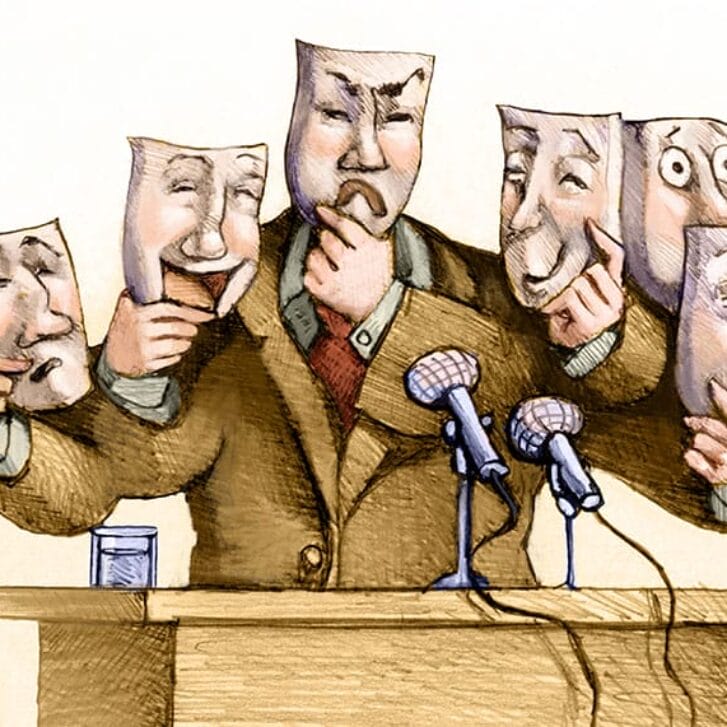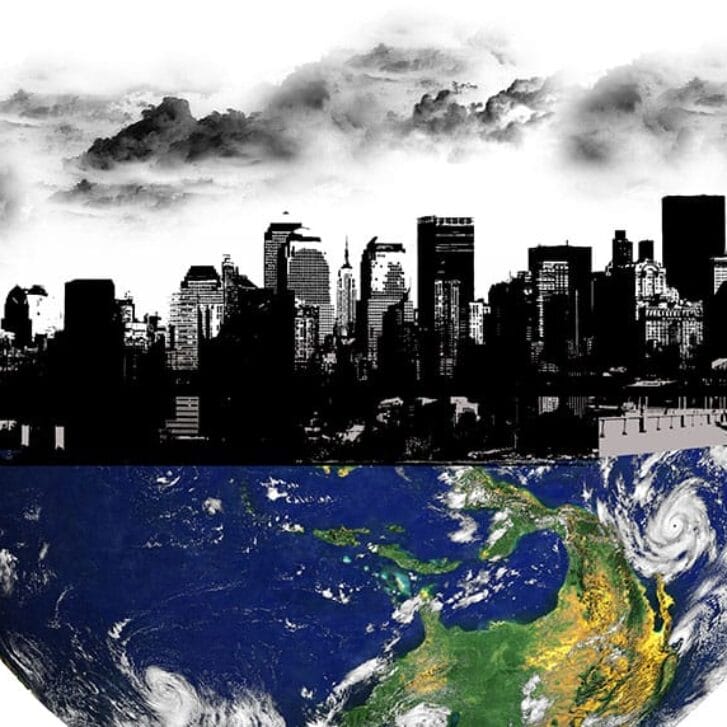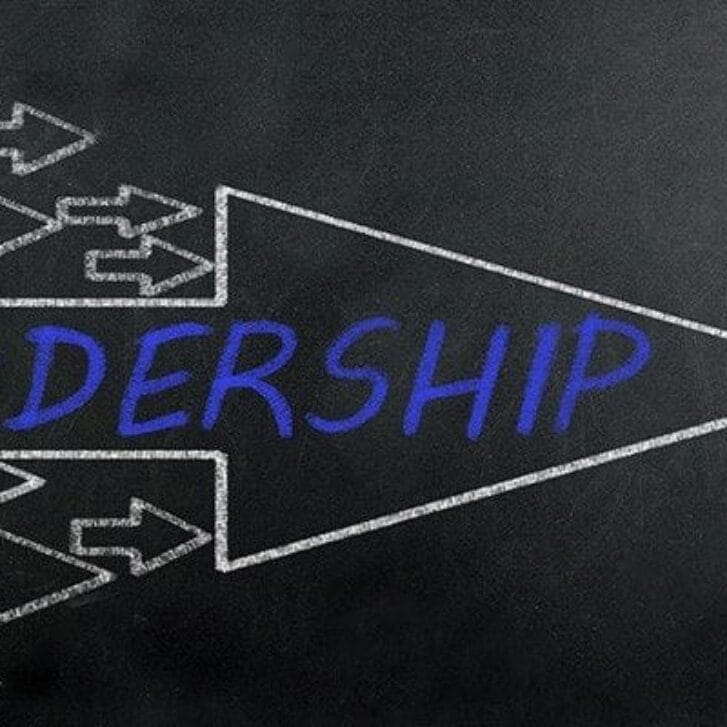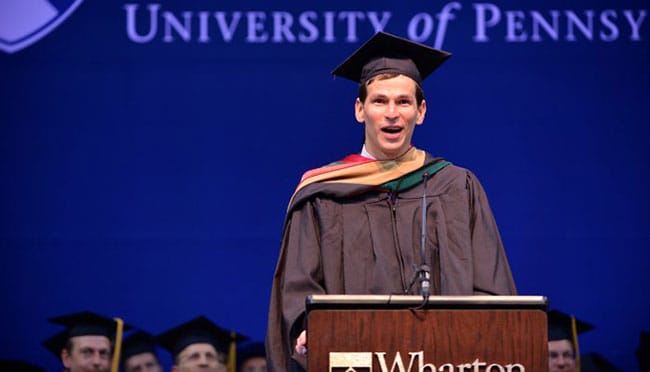
David Fajgenbaum
At Wharton’s MBA graduation last month, we had an amazing student speaker with an extraordinary story—Dr. David Fajgenbaum M13 WG15. I can’t describe David nearly as poignantly or powerfully as he did for his classmates, their families and friends:
“I am a physician, a researcher, a Wharton MBA student and also a patient with multicentric Castleman disease. MCD is a deadly illness where the immune system attacks vital organs. I had my last rites read in 2010 and have had life threatening relapses requiring seven-agent chemotherapy every 15 to 17 months for the last four years. Today, I am at 16 months and the clock is ticking.”
After he was diagnosed with the disease during medical school at the University of Pennsylvania, David decided to get his MBA at Wharton. He realized the challenges in taking on the disease are as much business problems as they are medical problems—crowdsourcing funding to support research, optimizing the path from bench to bedside, getting the word out about the disease, building a community of volunteers, and lobbying politicians and government agencies.
We can all only hope and pray that David remains healthy and that, along with the help of many others—from the smallest financial gifts to cutting-edge researchers and to major drug companies—a cure is soon found for his fatal disease.
But David’s remarkable story is testament to a broader phenomenon that pervades the post financial crisis world. Government is struggling to keep up with ever-rising social needs, whether in health care, infrastructure or transportation. Business must step up, and increasingly, the private sector is stepping up.
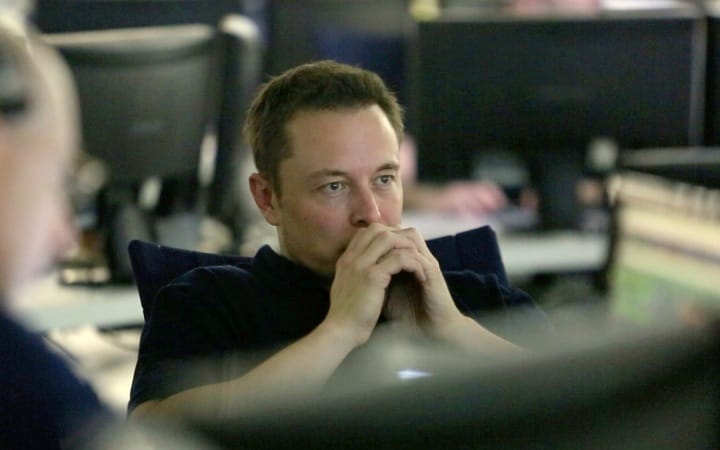
Elon Musk. Source: SpaceX.
Look no further than SpaceX, founded by another great Wharton alum, Elon Musk C97 W97. NASA’s budget today is a fraction of what it was during the Cold War. Now SpaceX is trying to find ways to make space exploration commercially viable, like low-orbit rockets to launch the satellites we need to make our smartphones work anywhere and everywhere.
There are myriad other more prosaic examples of the expanding public and social role of the private sector, from building the roads and railways needed to unleash the full potential of emerging markets to the live-work-play mega developments combining commercial, residential and retail that are bringing so many people back to the hearts of American cities.
The most moving sentence of David’s graduation speech was short and to the point: “I decided to go to Wharton to save my life.”
Elon wants one day to answer David Bowie’s equally pithy question: “Is there life on Mars?”
The expanding role of business will very infrequently tug on the heart strings the way David and Elon do. But it will be a defining feature of our world for decades to come.
Watch David Fajgenbaum’s Wharton 2015 MBA Commencement speech in the video above. (He comes in at 57:43.)
Editor’s note: The original version of this article appeared on LinkedIn on May 26, 2015.






















